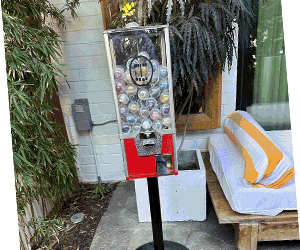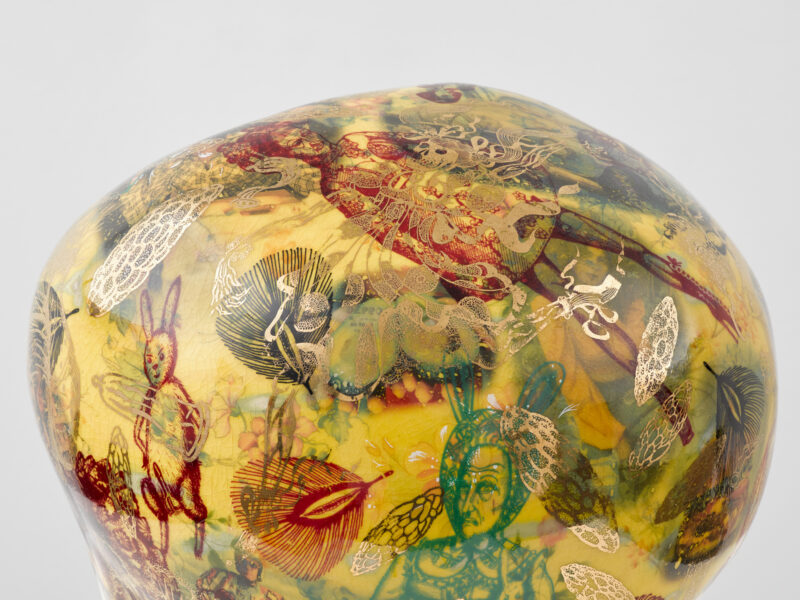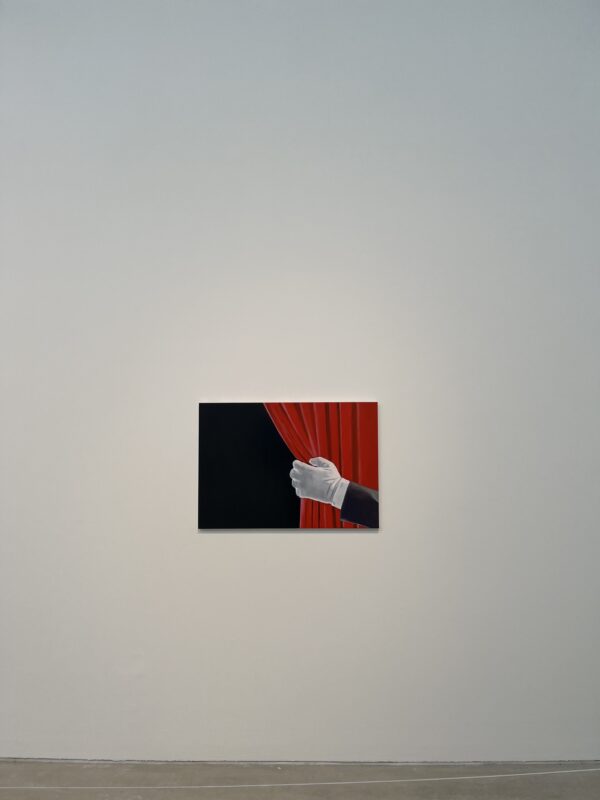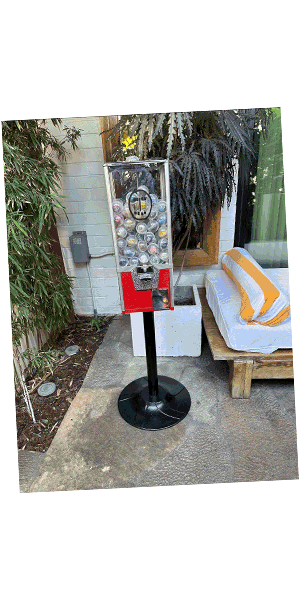
Grayson Perry was the first transvestite potter to win the Turner Prize, and will probably hold that illustrious title for some time to come. He enacts fashionable contemporary critique in a distinctly unfashionable artform and aims for popularity in an artworld where popularity is scorned. In this Turner Contemporary show, which surveys his entire career from his earliest watercolours to his latest architectural project, he shows himself to be a complex, unflinching commentator on society and art. Art’s original provincial punk has certainly come of age, but has not grown tired or complacent.
These days everything is about gender, sexuality, equality, race, religious freedom and consumerism. Perry, however, takes all of these salient issues and distils them into to that very British obsession with class which the liberal, educated elite likes to think has long since dissolved. It’s all about what you have, what you deserve and what you can get based on an accident of birth; how you can traverse the levels and construct an identity from the great pick n mix of options offered by contemporary global capitalism. All told through the eyes of the working class Essex boy who lives in middle class Islington and makes a living from dressing up as a woman and selling handcrafted pots to rich people.
Perry’s practice is as complicated and as simple as class itself, which is only a series of accidents that come to mean something extraordinarily affecting after the event. The ideas, he says, come later than the objects themselves: he might start off with an itchy feeling that he wants to make something red and only when the red thing emerges does he attach to it his tropes. There is in this process the honesty and sincerity of a master craftsman whose first devotion is to the technique and labour of pots, for whom the lofty denigration of the British class system is a necessary ancillary in an artworld consumed by ideas.
Provincial Punk, however, appears to tell a different story. The pots are so decorative and wear their craftsmanship as a badge of pride that it takes a careful second look to absorb the biting messages they convey. Some are designed formally, as if for use as ceremonial earthenware, while others are elaborate collages of drawings and photographs, but they are all replete with ideas. Every pot is both a story and a treatise on human nature, as are the tapestries which sprawl across the walls telling stories of living, consuming and dying to no apparent avail. Perry’s alter-ego, Claire, makes several delicious appearances: in a photograph with an X9 model airplane, in a video of her sunbathing in the garden and in a riotous watercolour collage where she is marrying Perry’s teddy bear, Alan Measles.
There are a few works here which many will not have seen before, adding equal measure resolution and mystique to the Grayson Perry legend. A collection of small pots from the 1980s that normally reside in Perry’s home are darker, more subdued than those we are accustomed to, dealing with themes of class war and Armageddon in much darker hues and with imagery that prefigures but does not yet achieve Perry’s distinctive drawing style. Also, a series of etchings that represent maps of class and gender concepts have the appearance of mediaeval relics but explore sharply contemporary concerns. These works are at once removed from what made Perry famous in that they are altogether more sober, but they contain the seeds of the social commentary which he has tirelessly promoted through his art and television shows.
Perry says that when he finished art school in the 80s the formalist wars were over, so you could do anything you liked, and he chose to resuscitate craft as a means of rebelling against the rebels. He wanted to respond to the bad boys and girls of contemporary art by making work which was both decorative and unashamedly popular. That is why he calls it ‘provincial punk’ – a rebellion in a low key with traditional ideas. The result of this, thirty years later, is a body of work that is so much fun one wonders how he has survived for so long in an artworld otherwise so adverse to pure, unadulterated joy.
Words: Daniel Barnes









